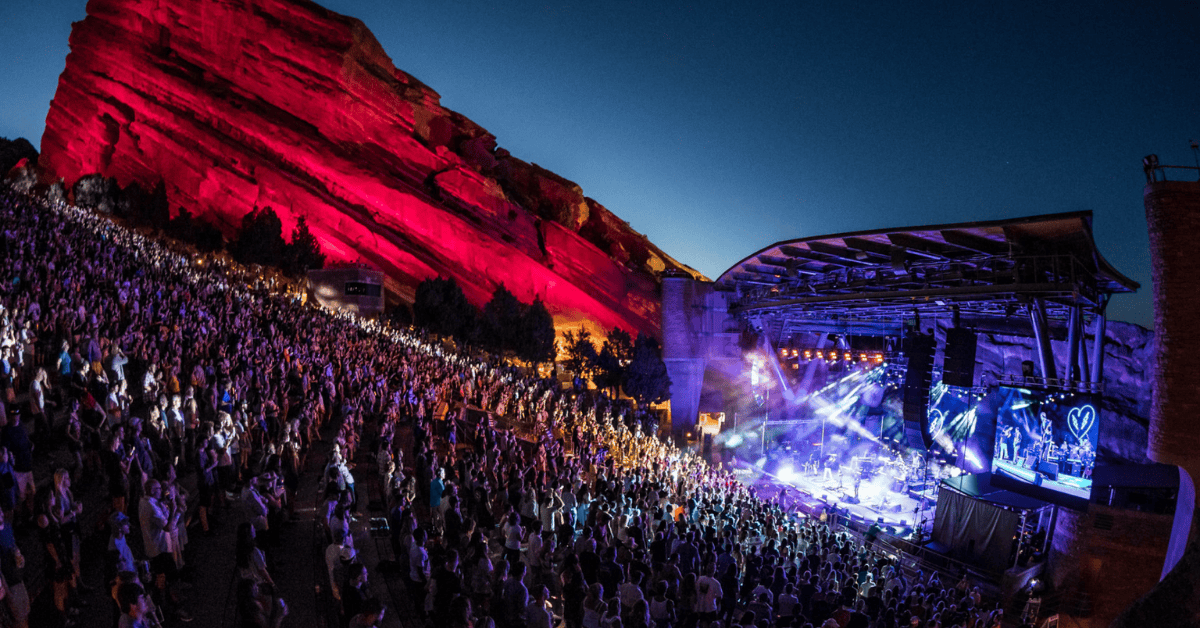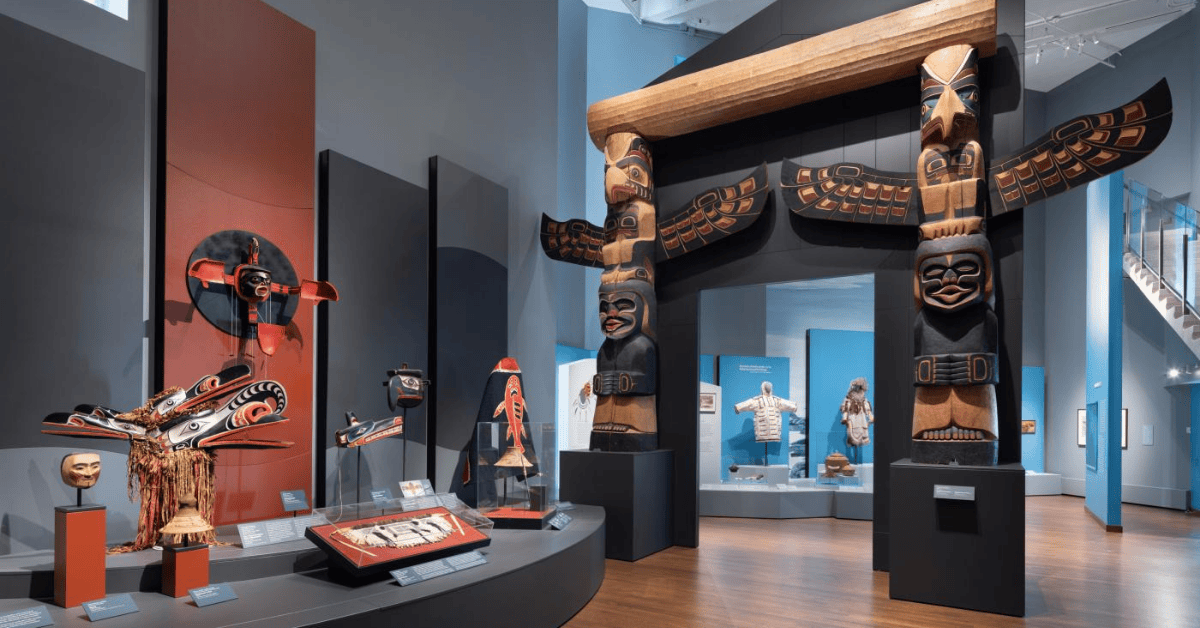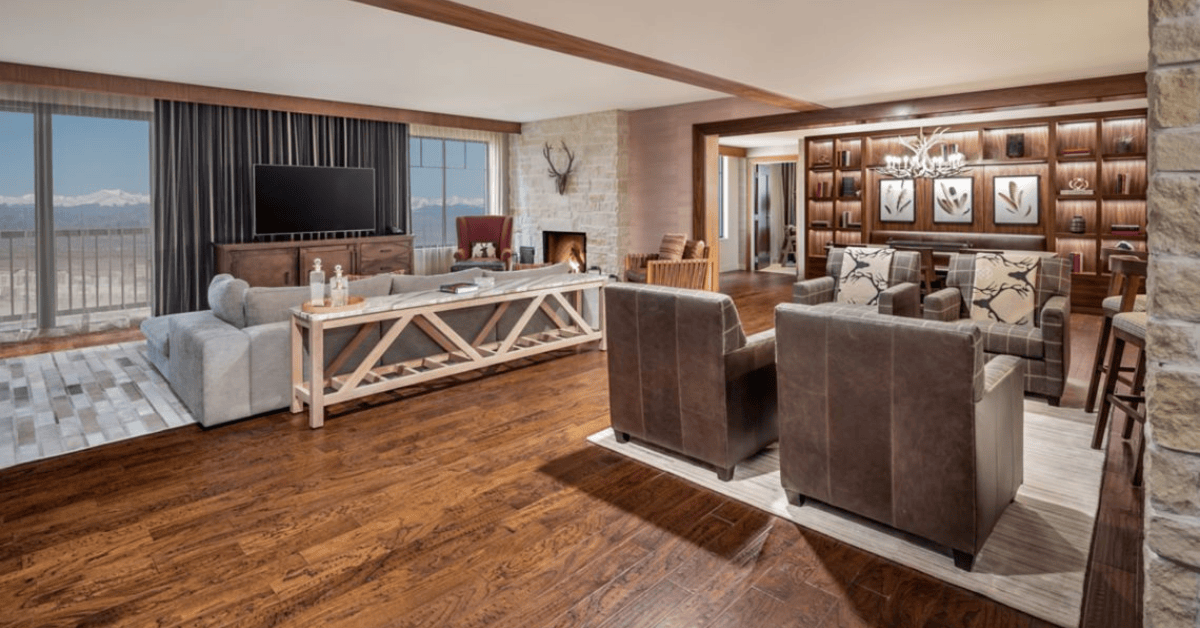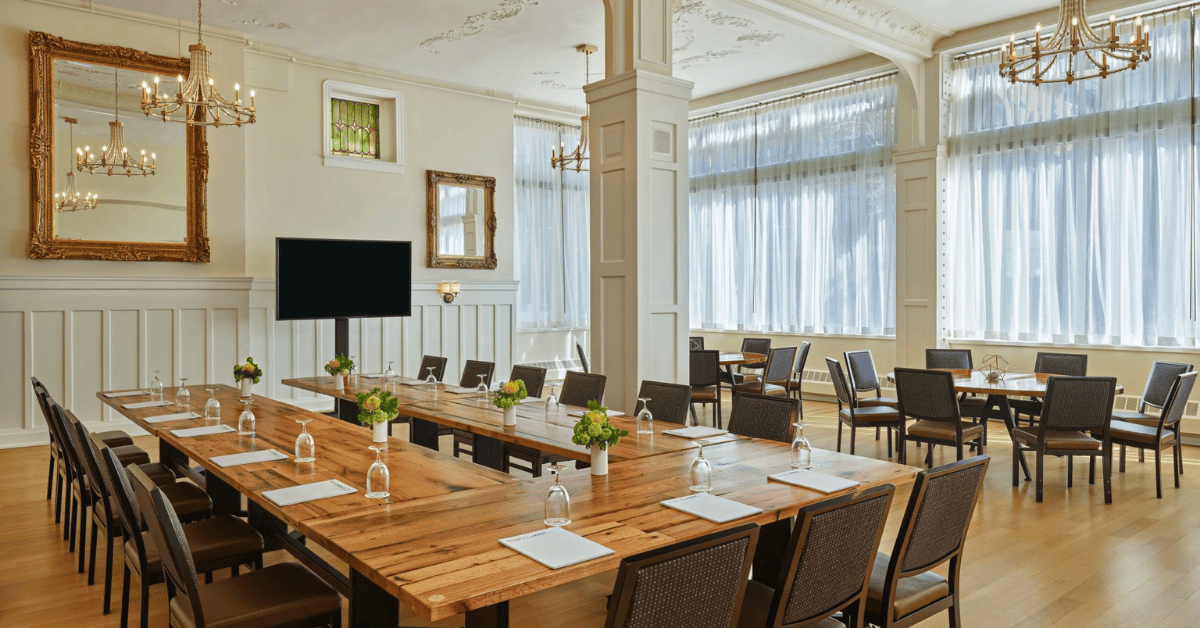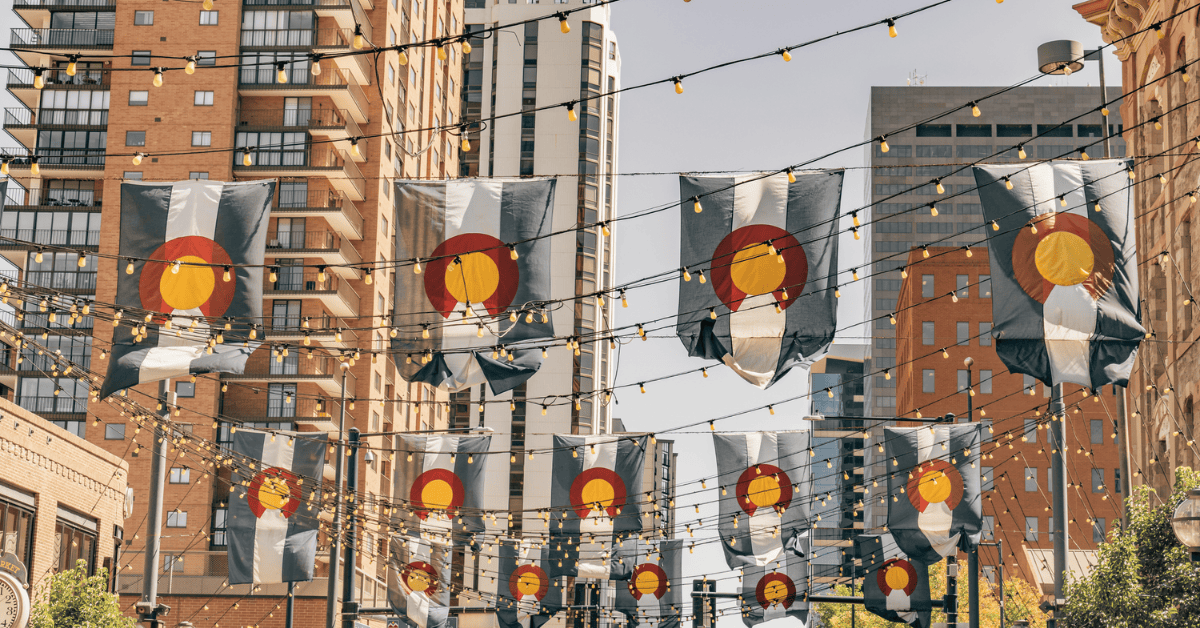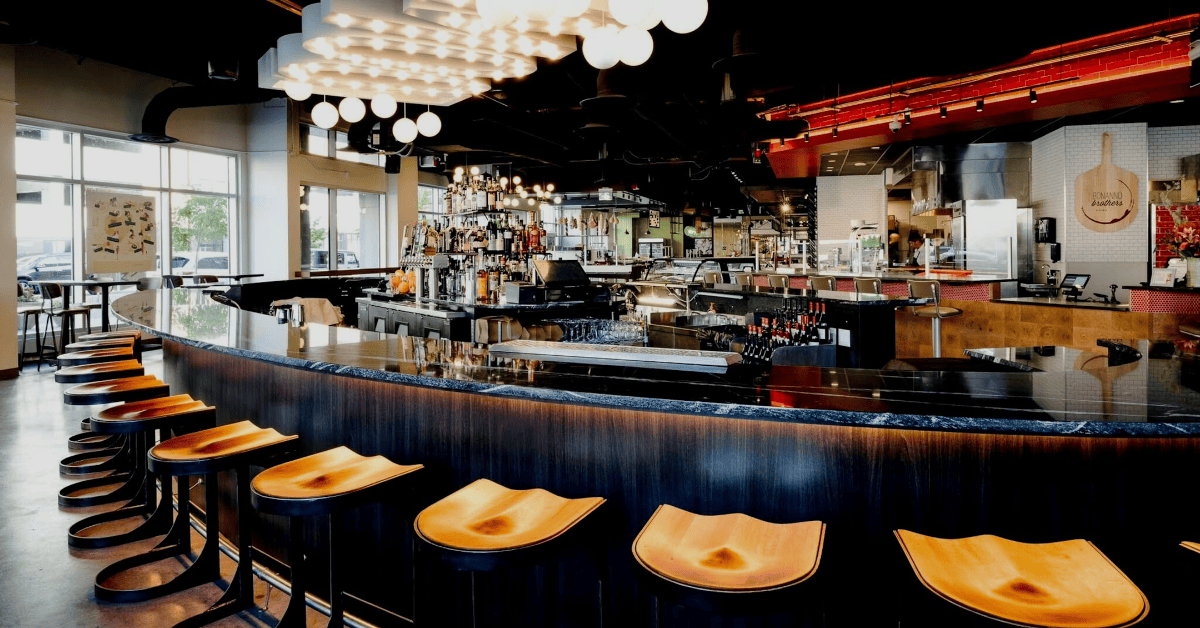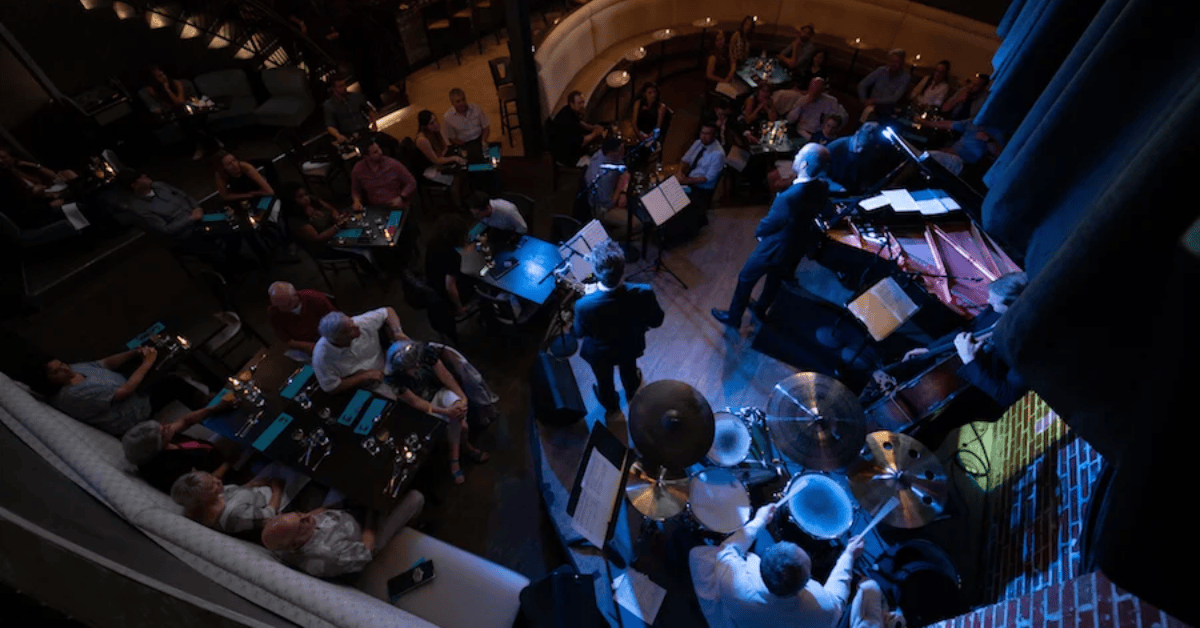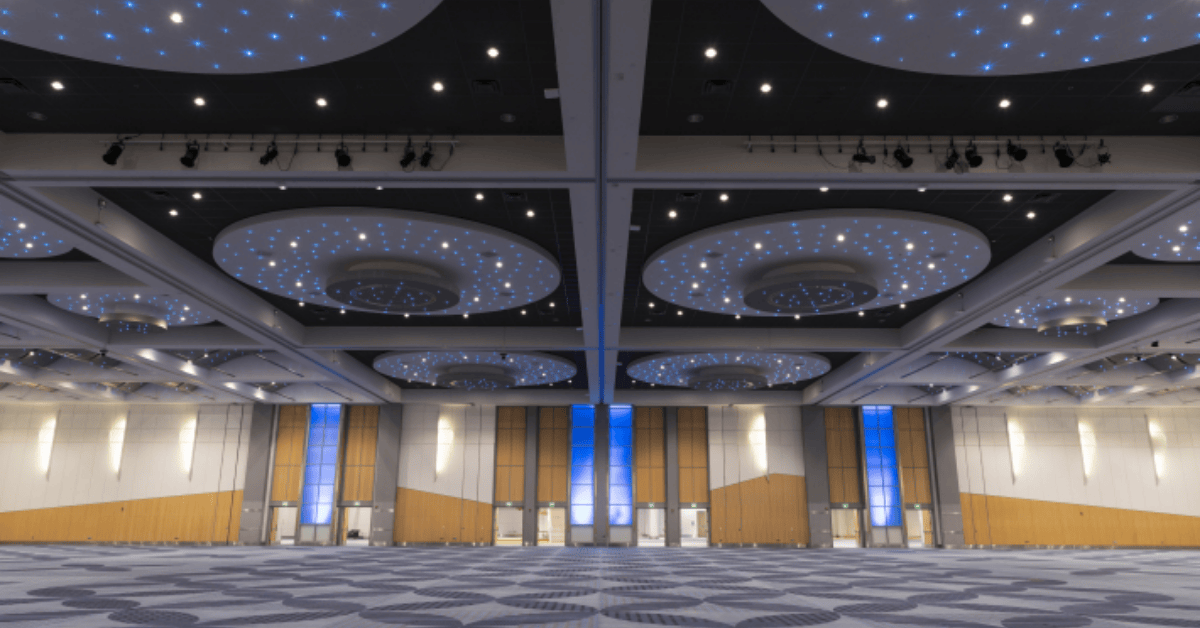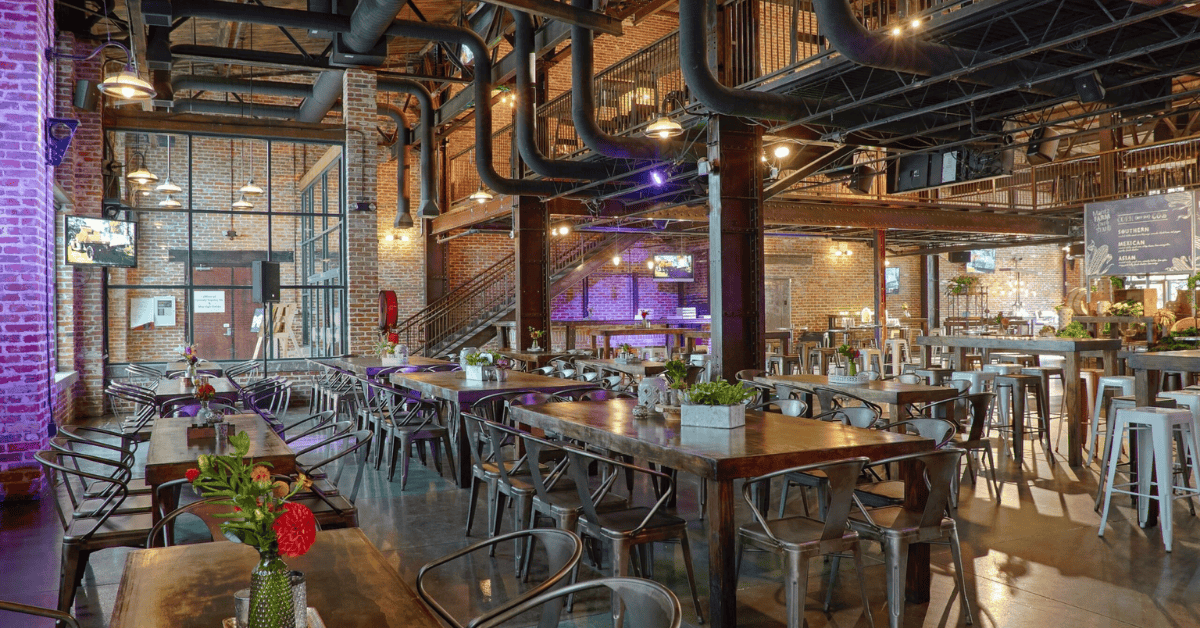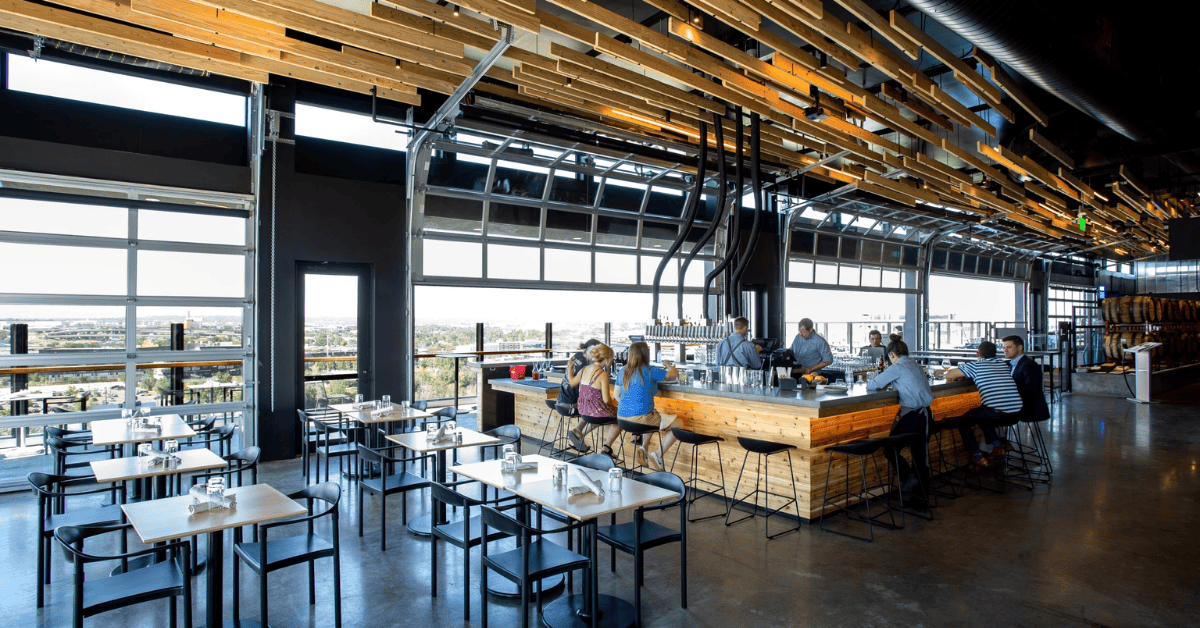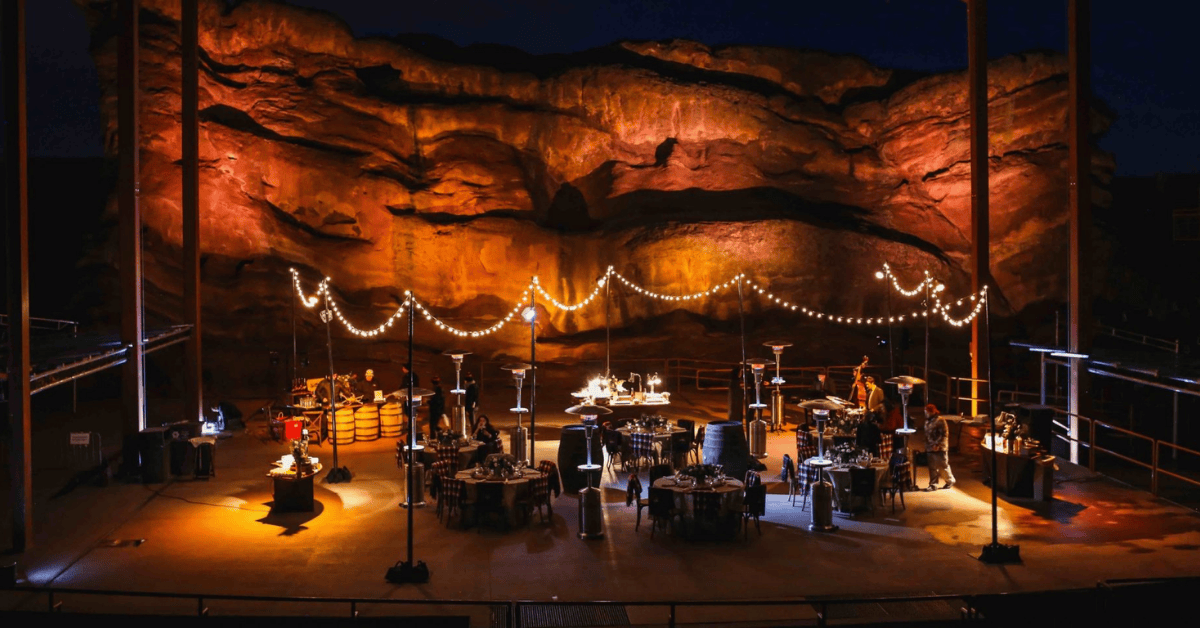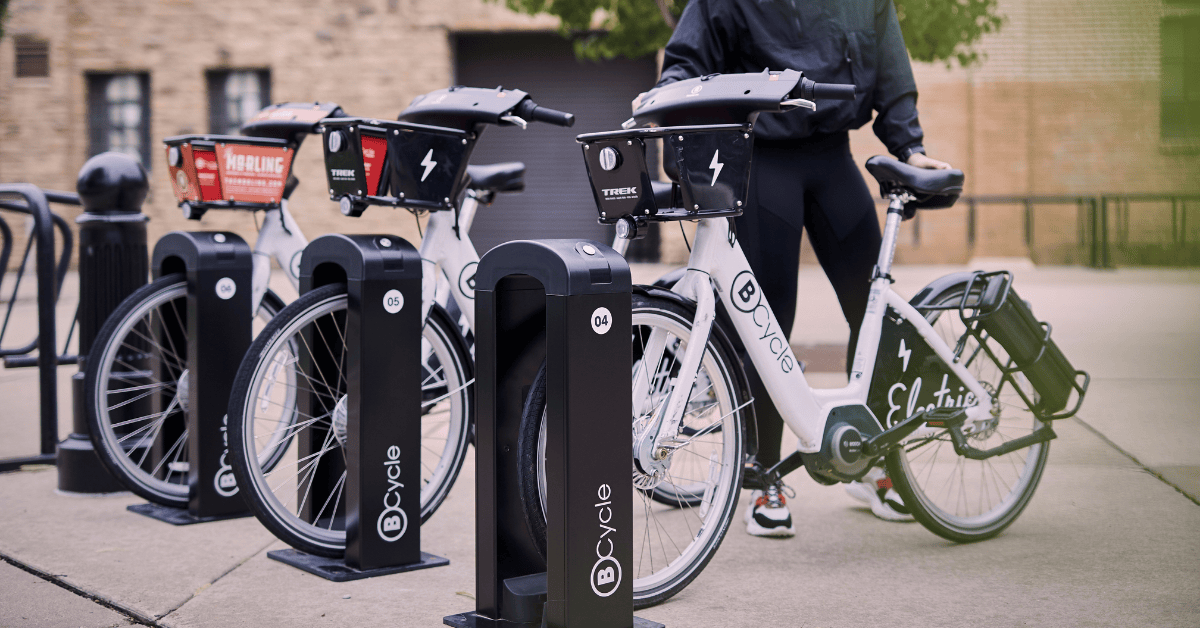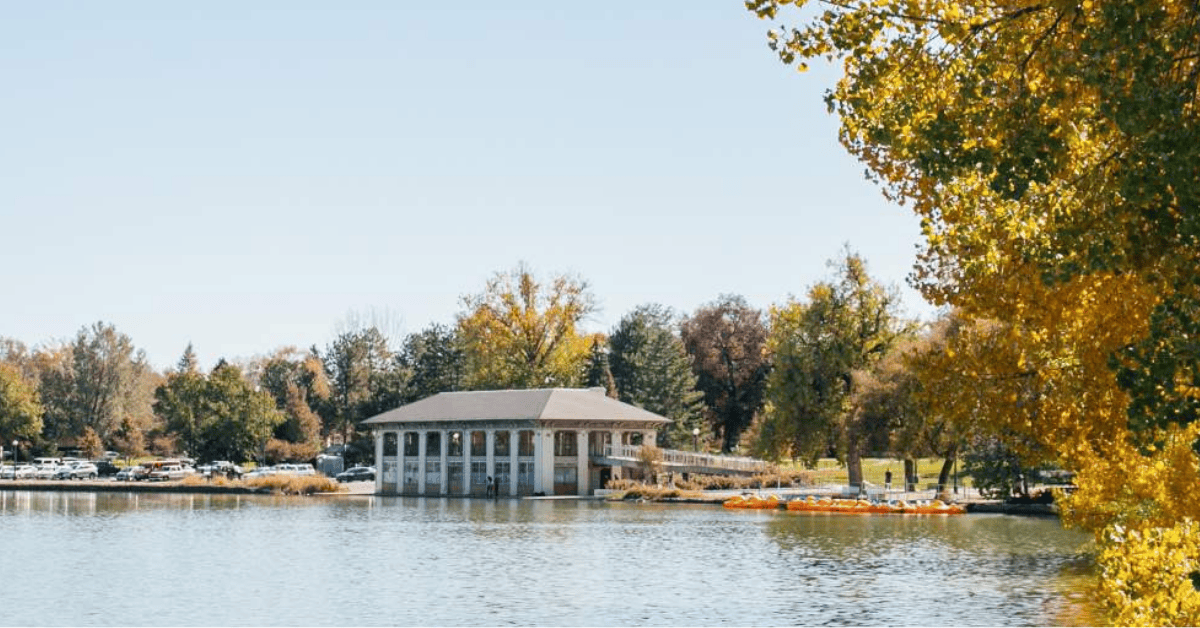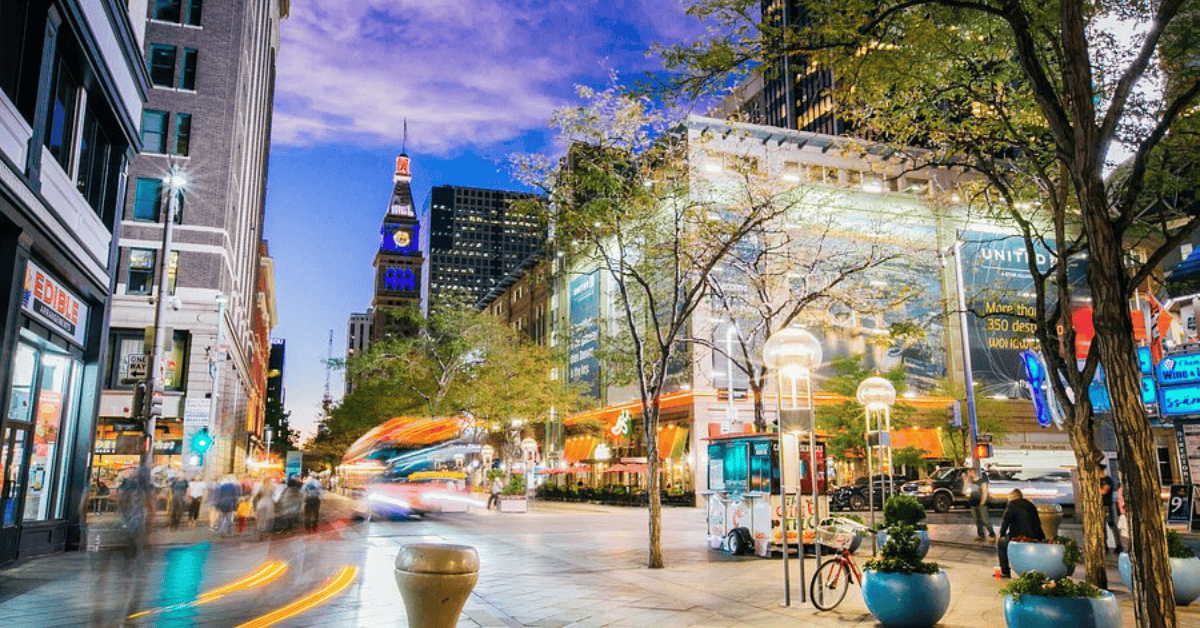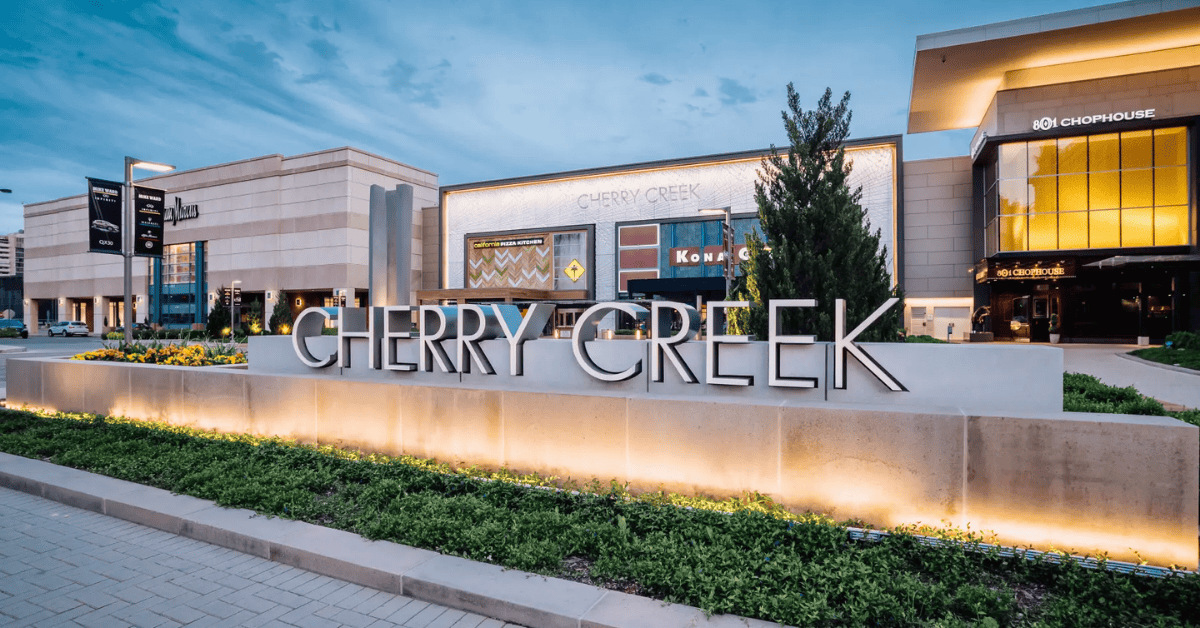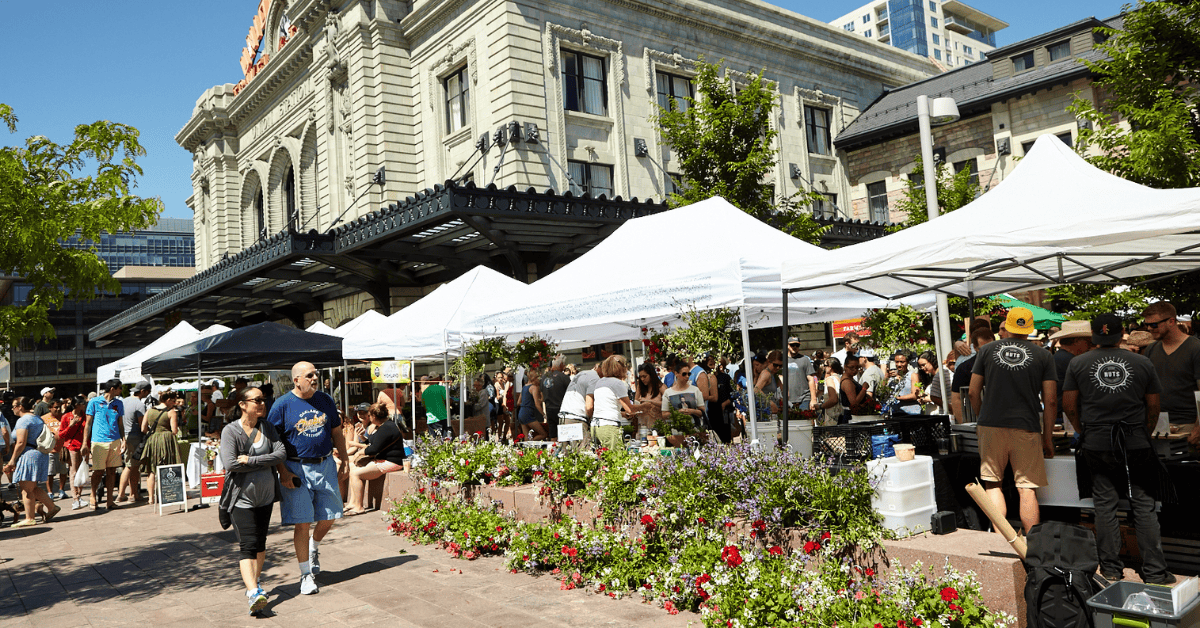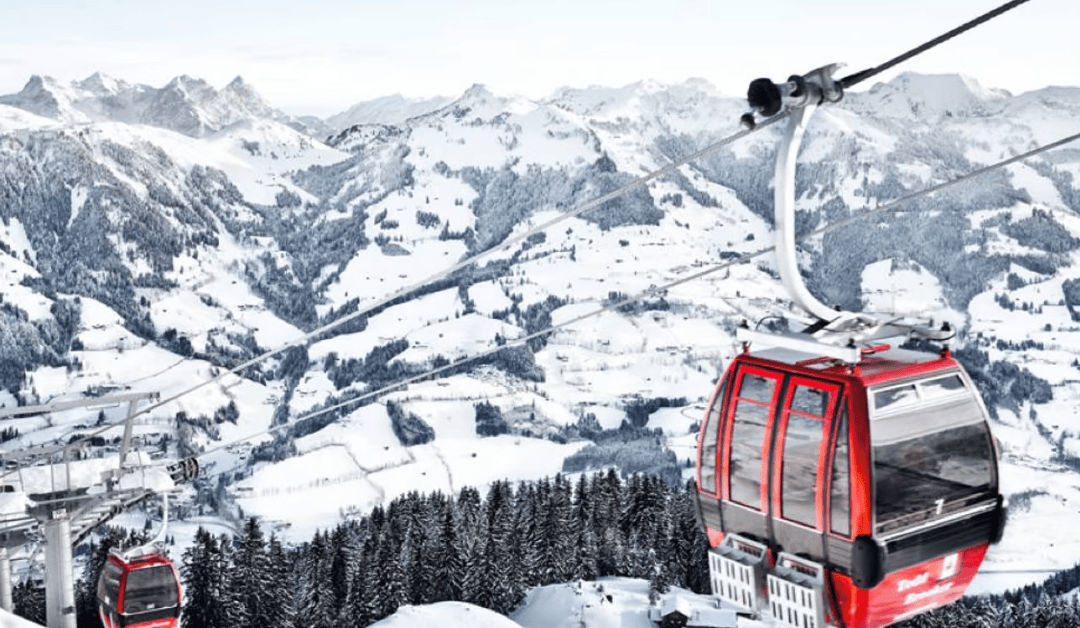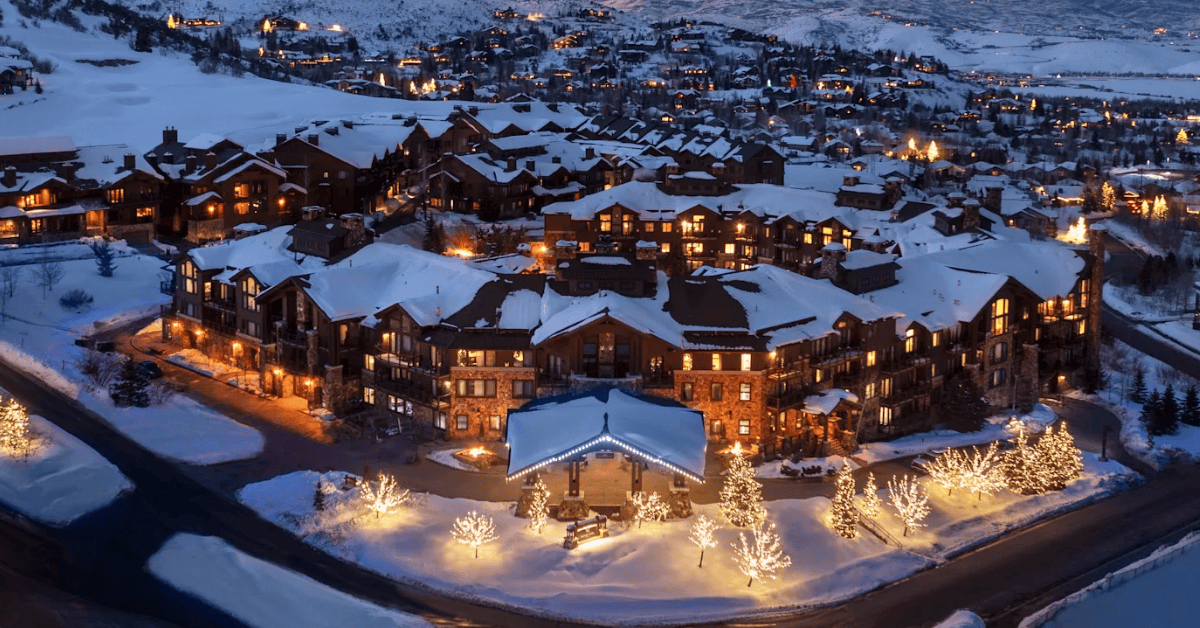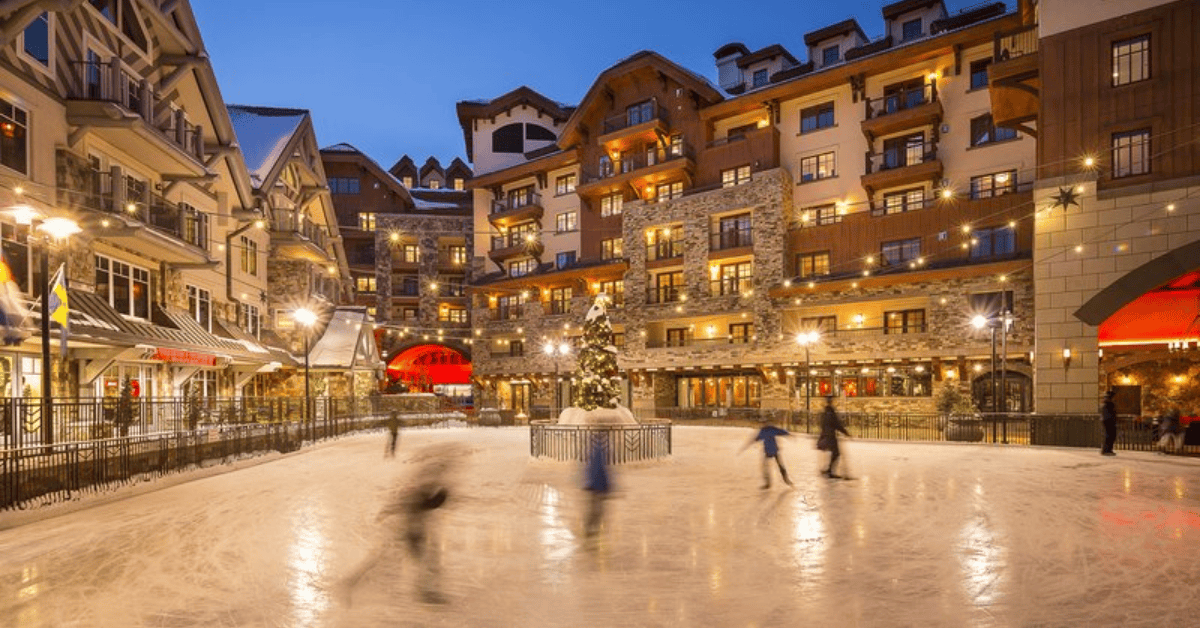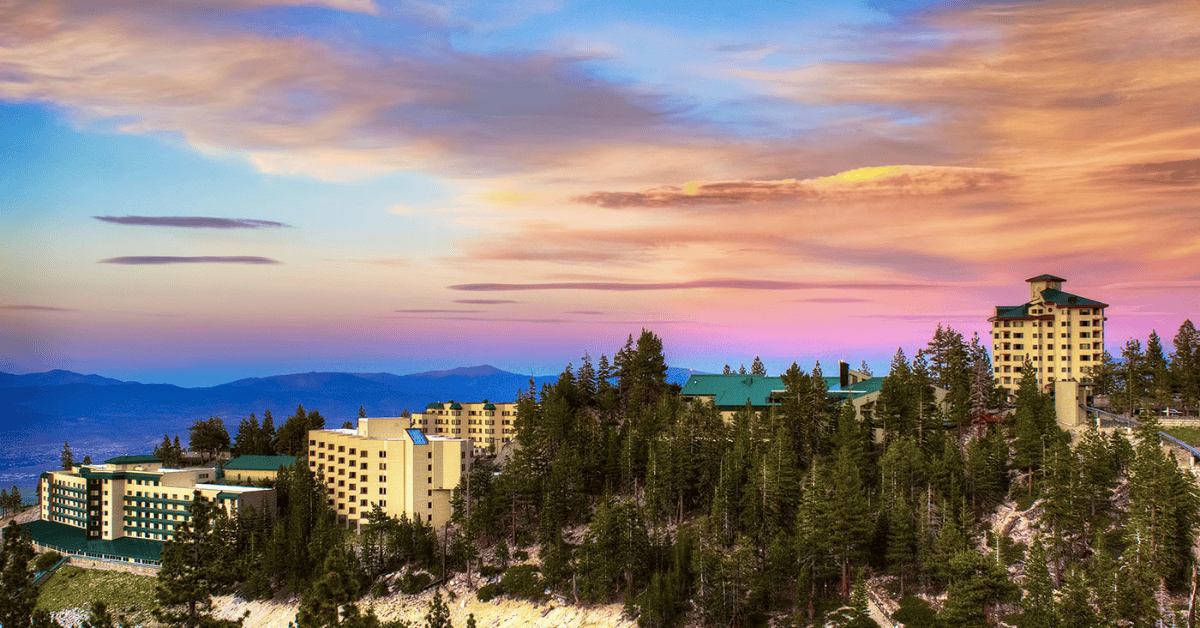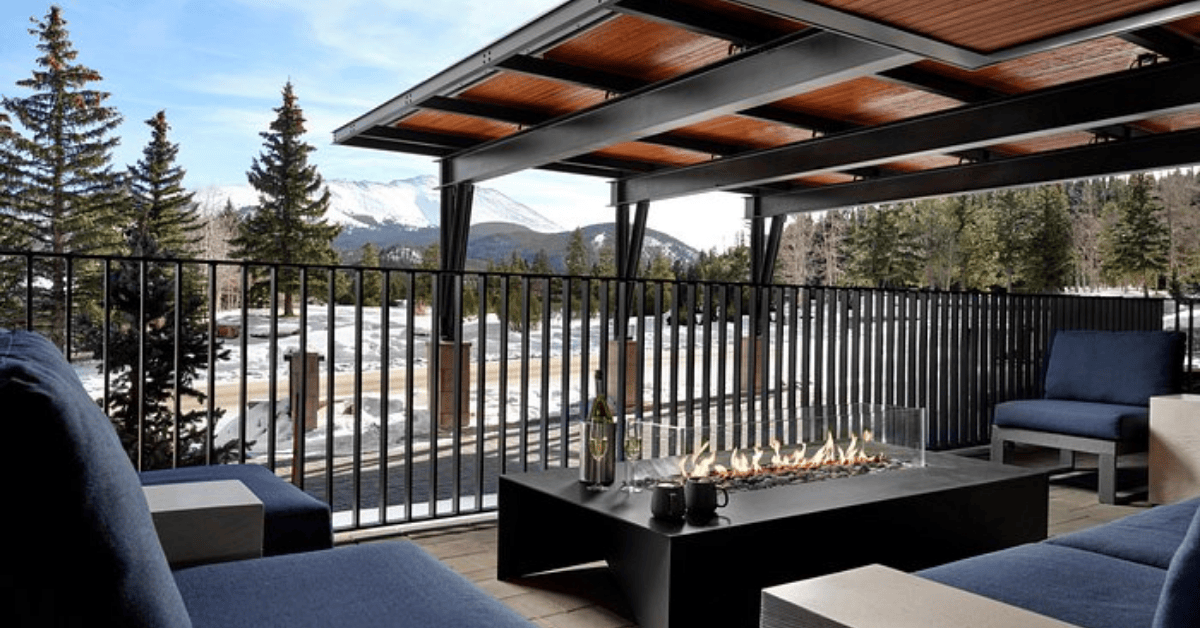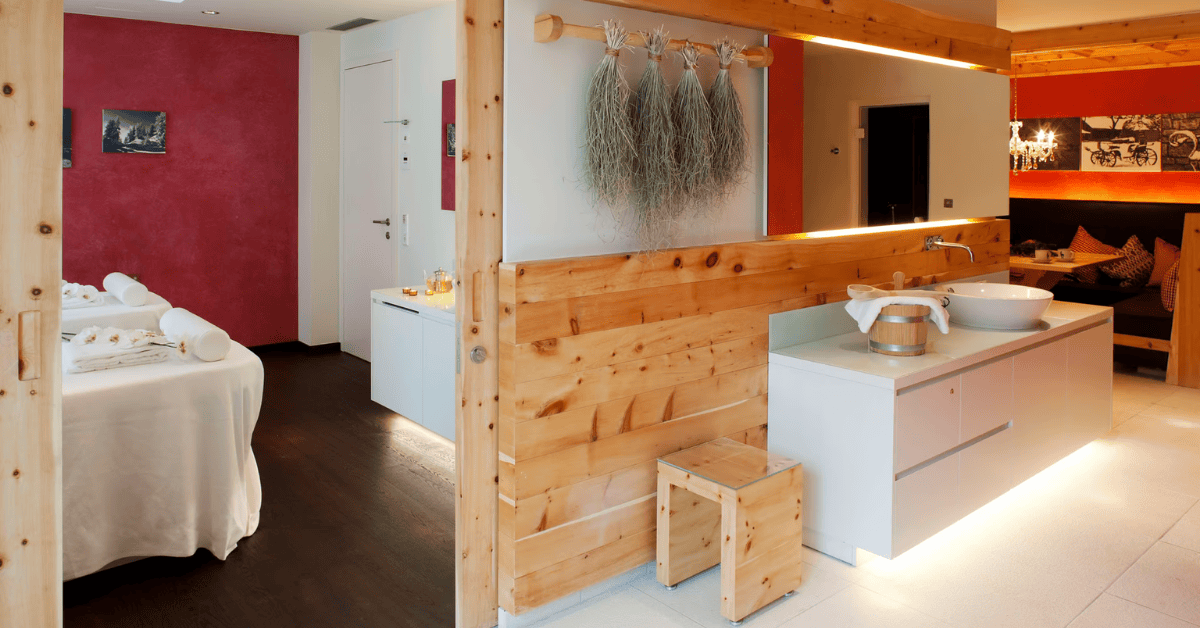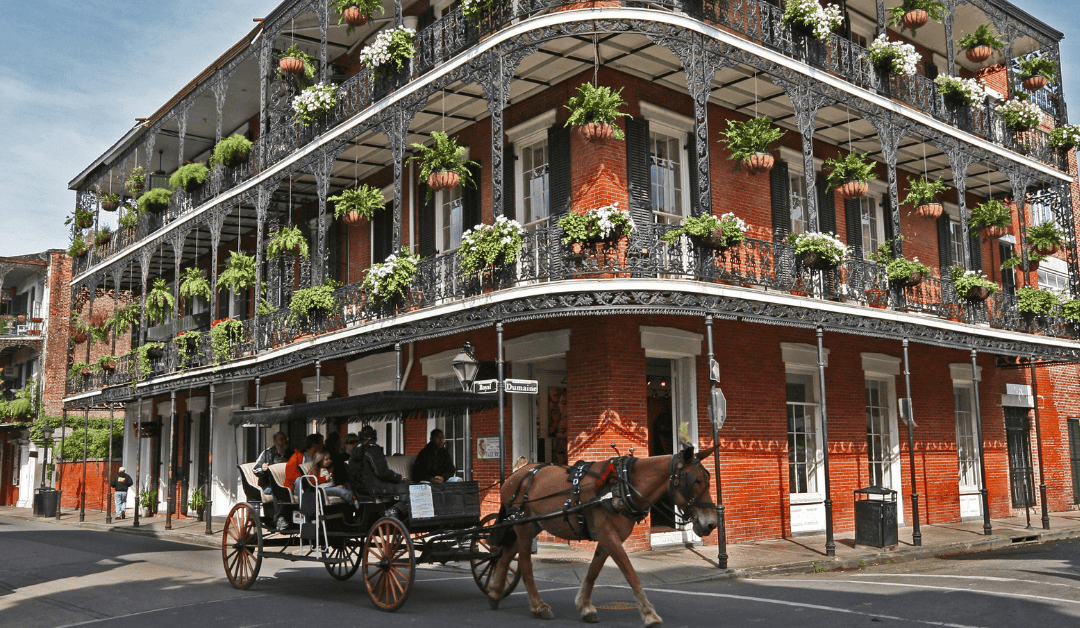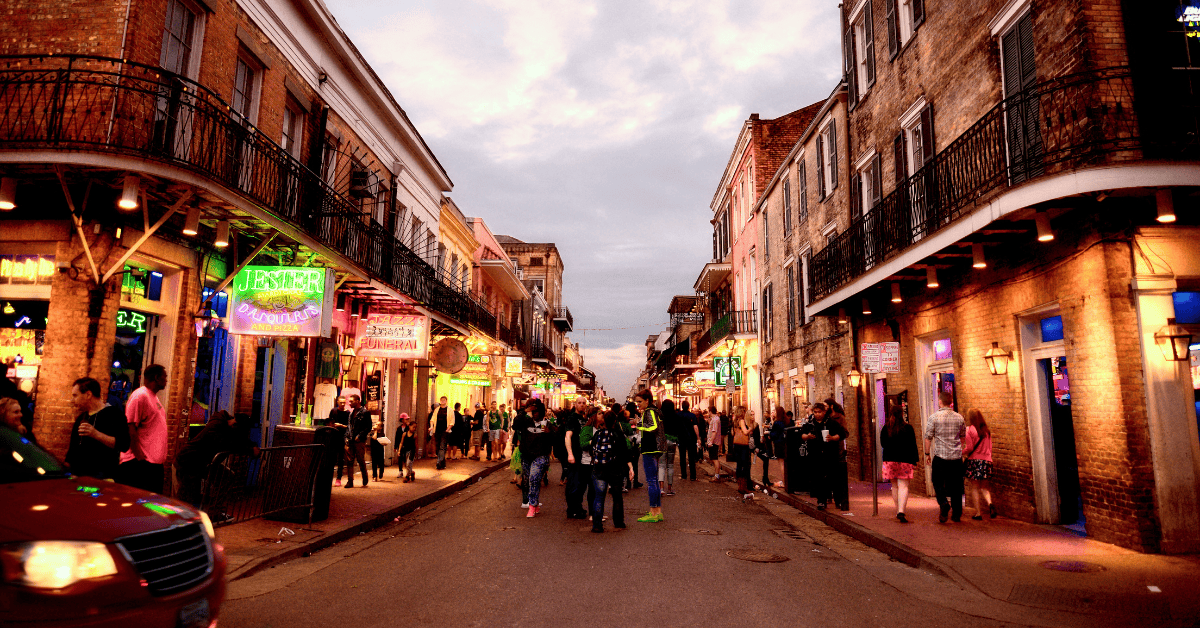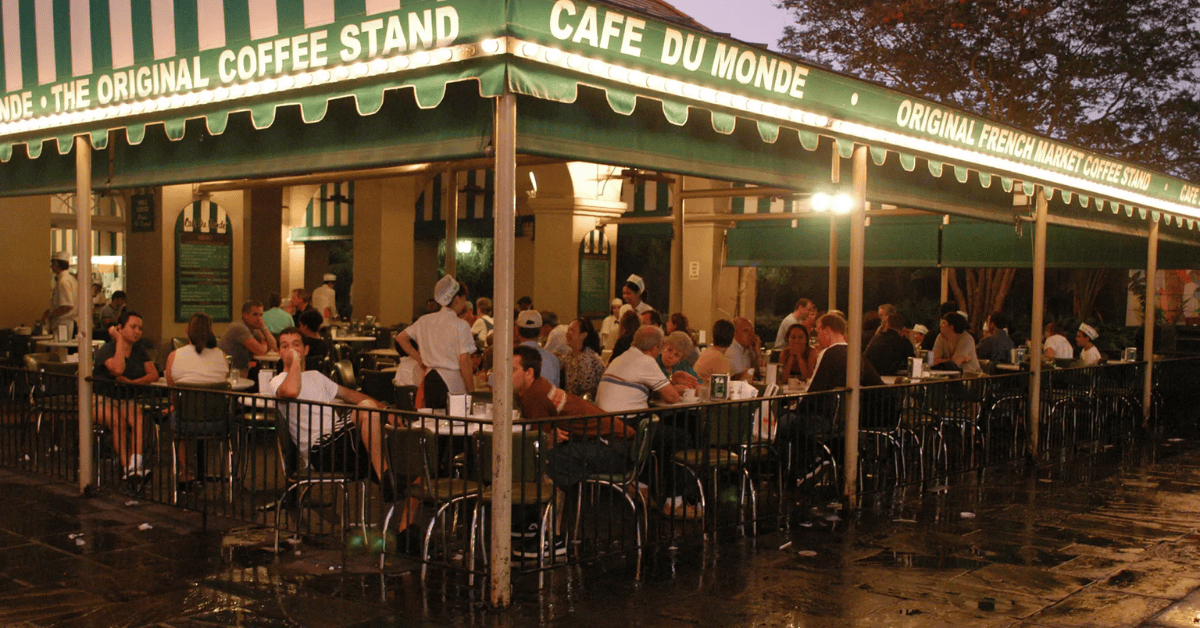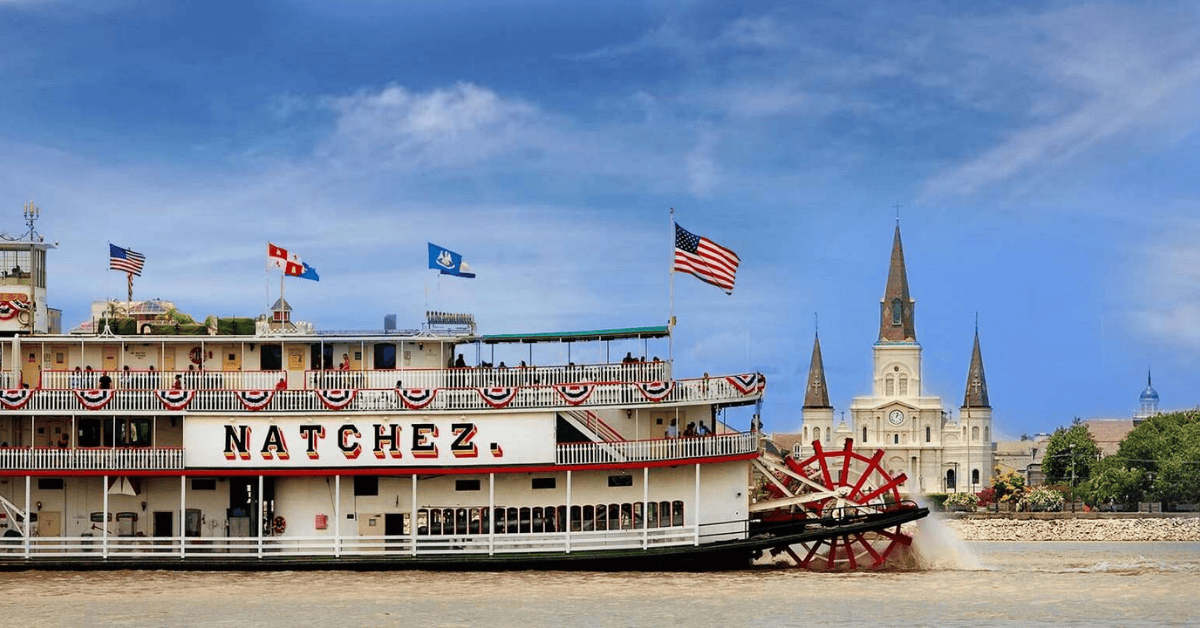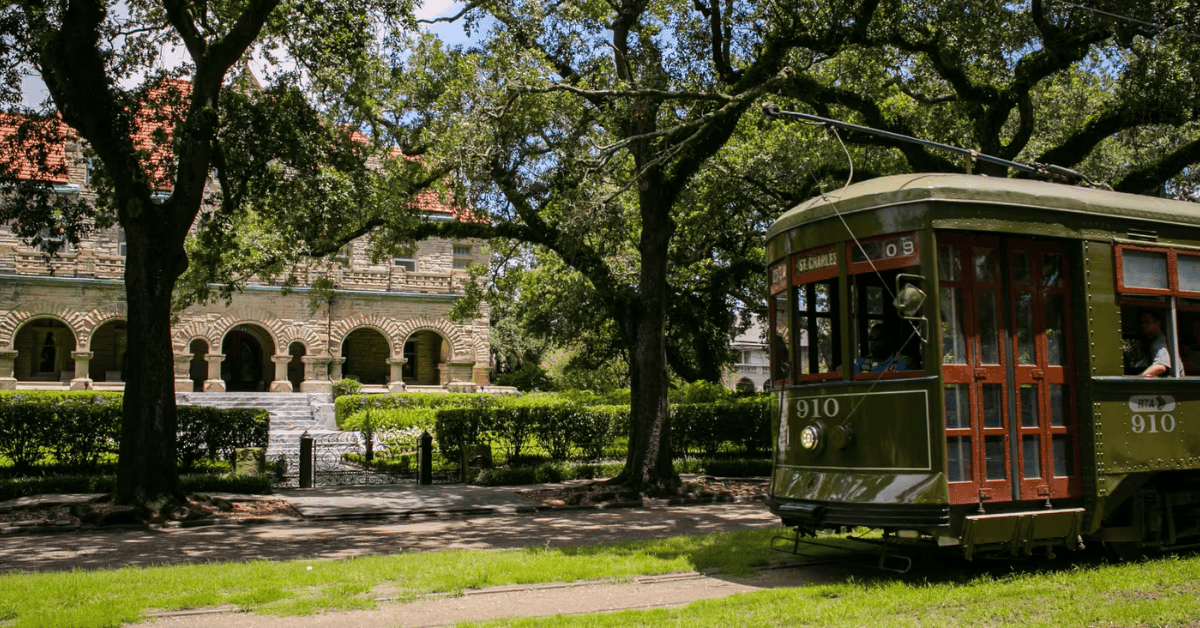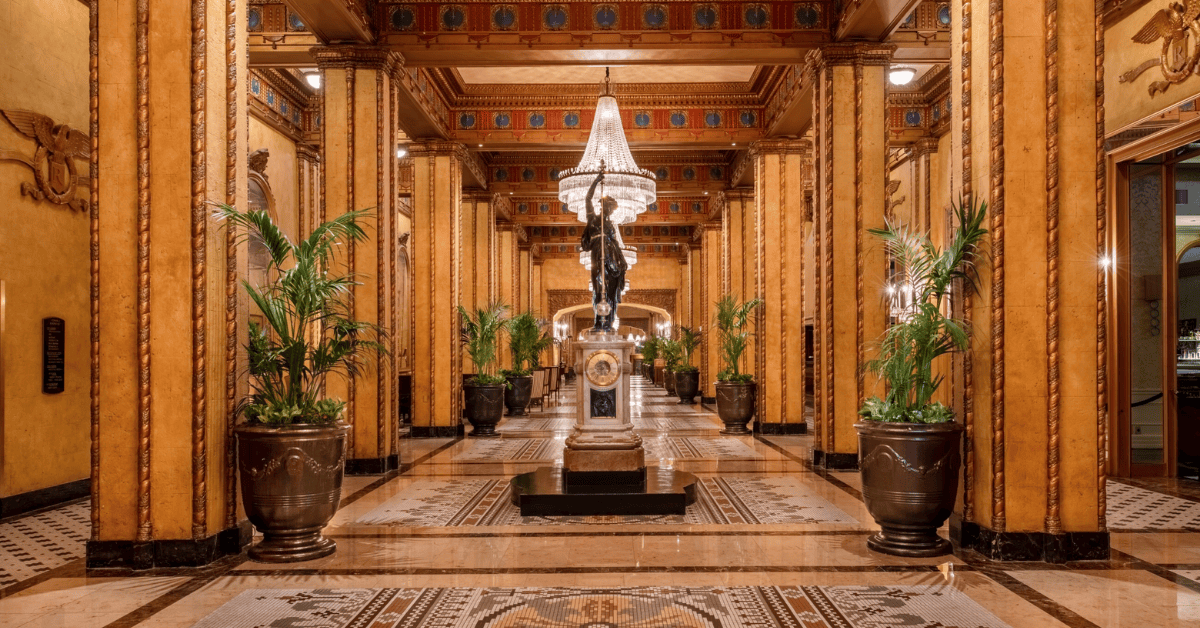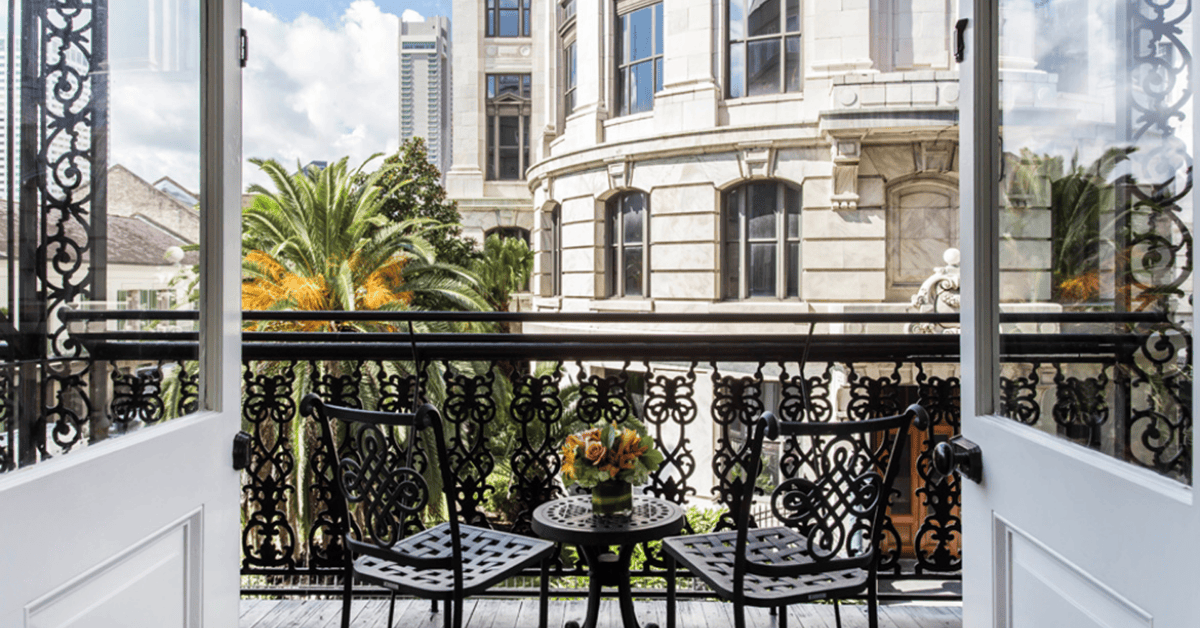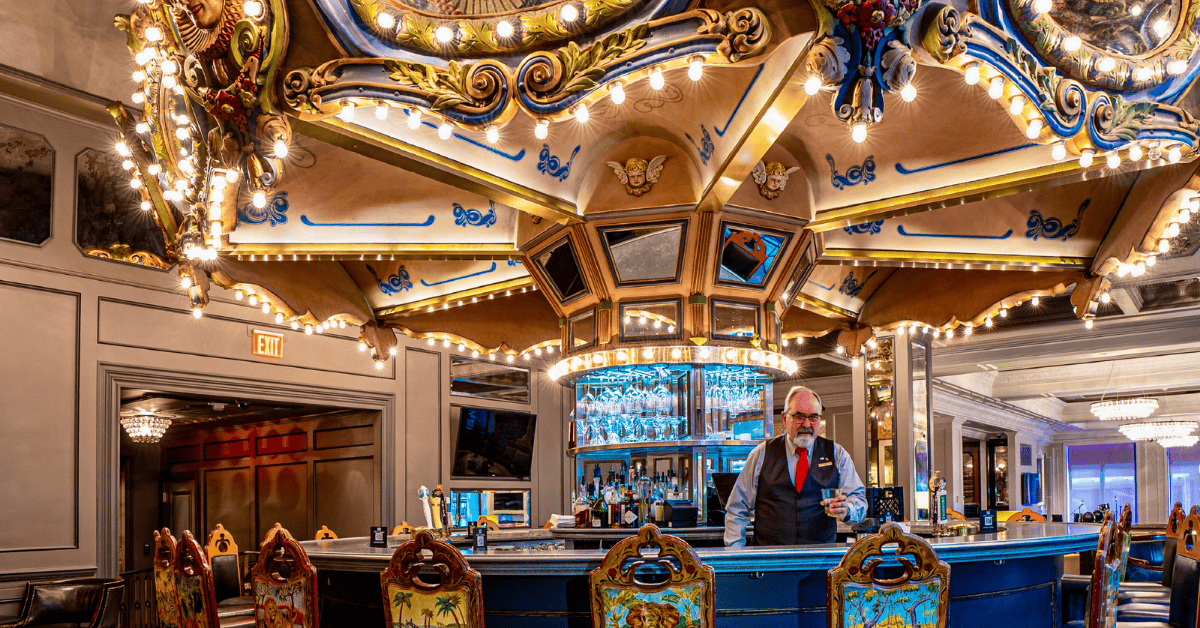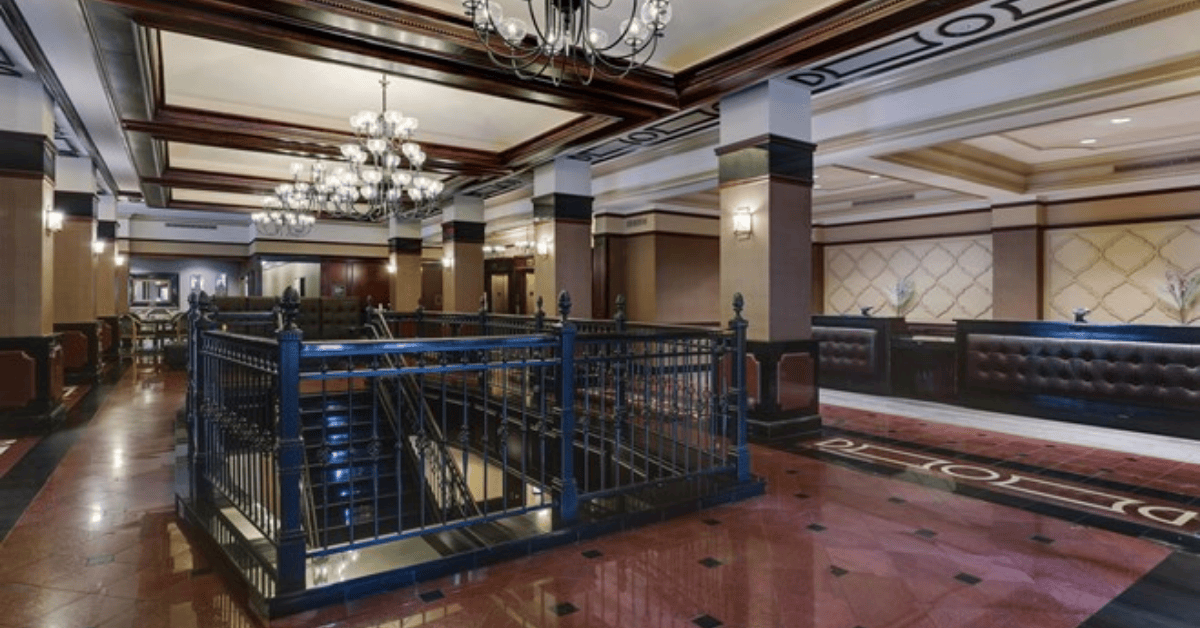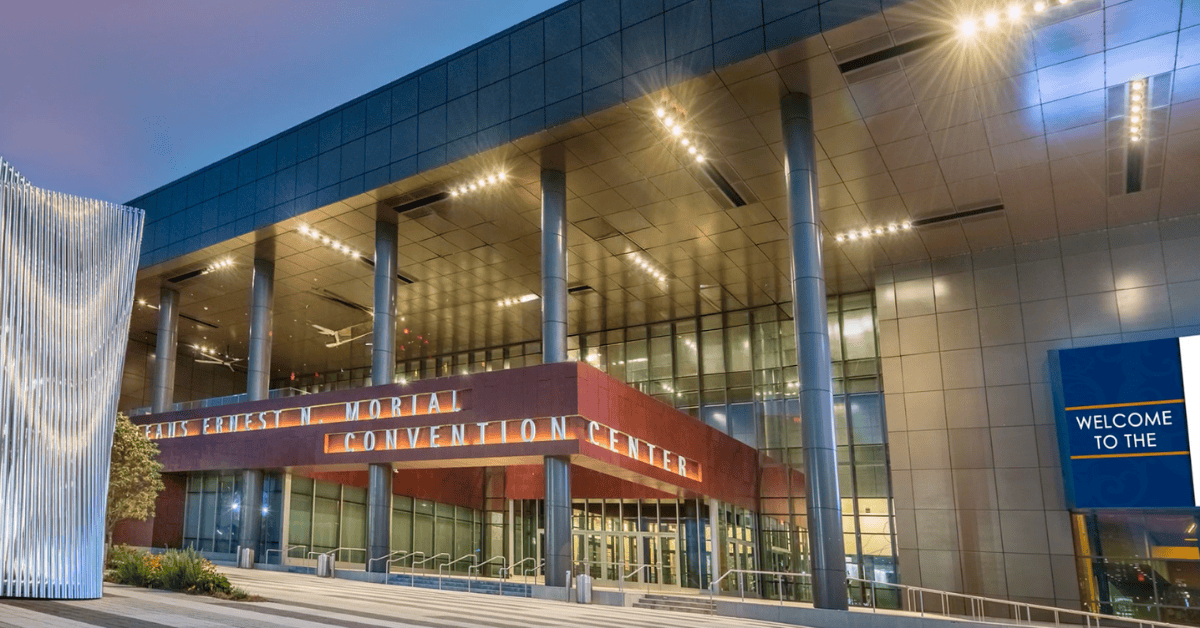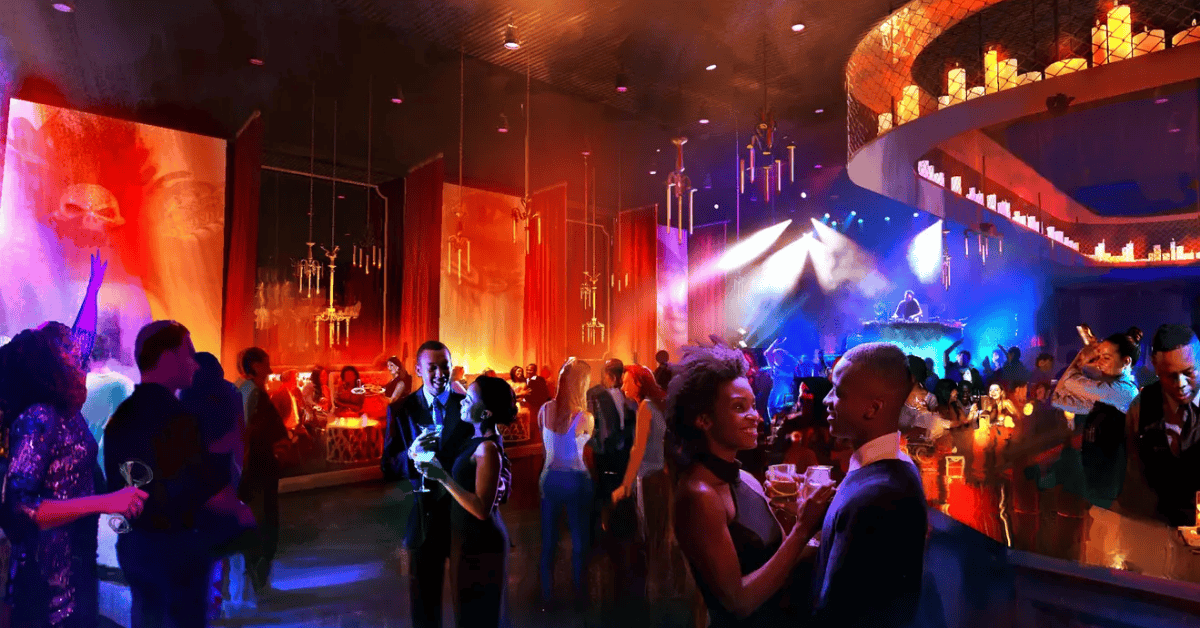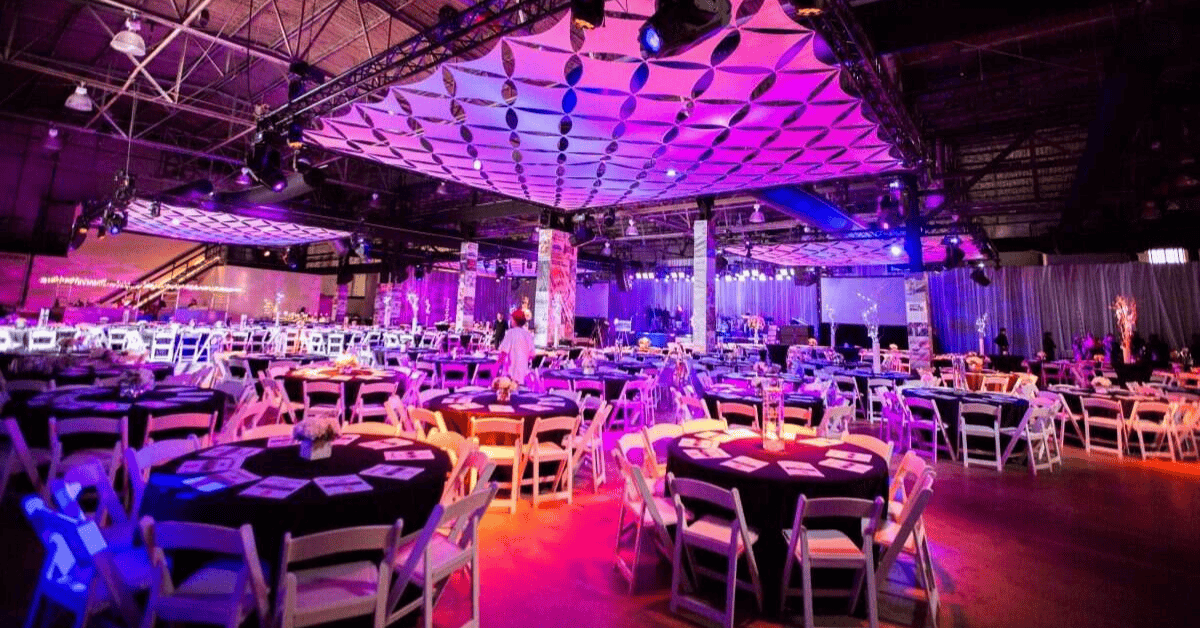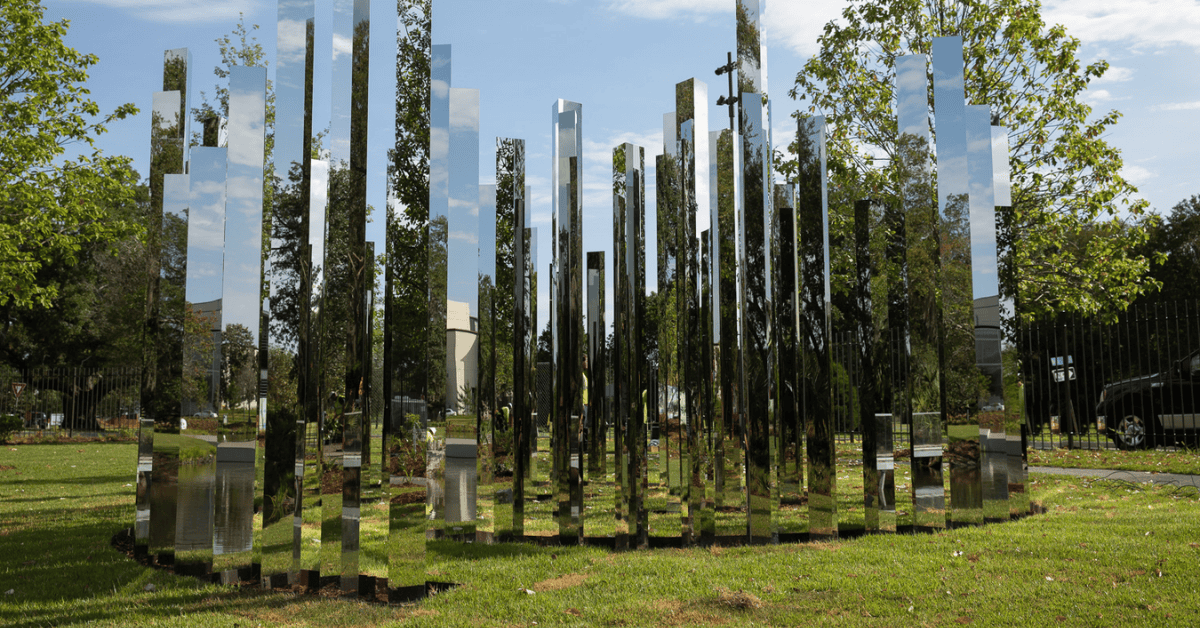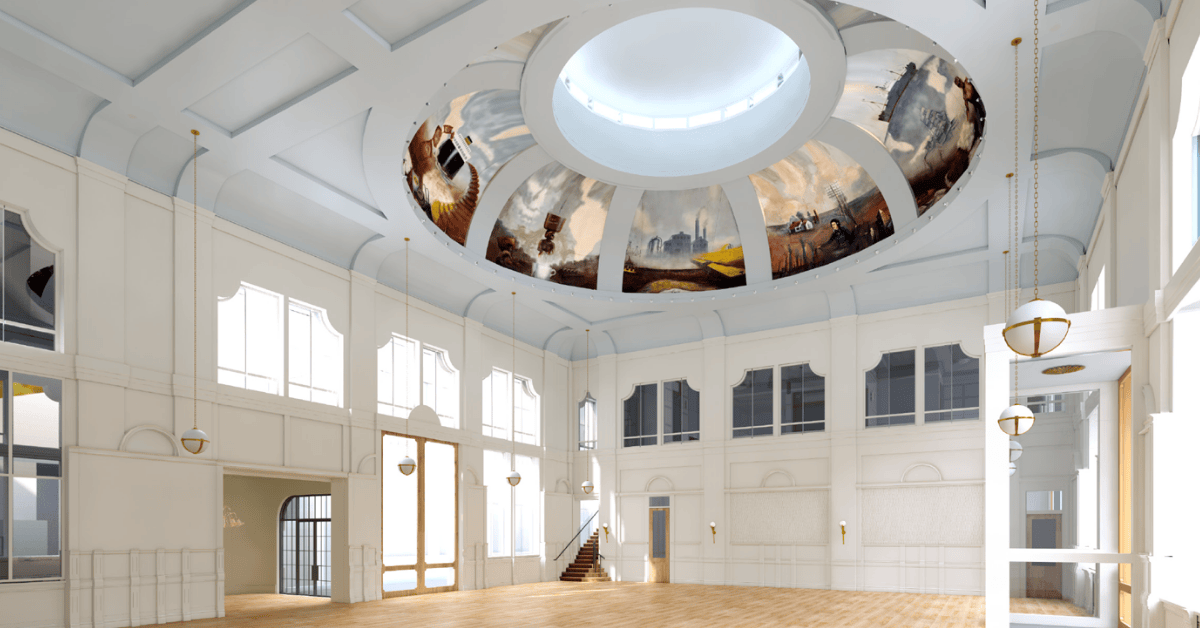
Food and Beverage Minimums: How to Maximize Your Event’s Food Budget
Planning an event involves many moving pieces, but one of the most significant considerations is food and beverage.
From corporate meetings to weddings and conferences, what you serve plays a crucial role in guest satisfaction and the overall experience. However, many venues impose food and beverage minimums (F&B minimums), requiring planners to meet a set spending threshold on catering.
To secure an event space, the venue may require a commitment to spend a minimum amount on catering services. This is known as the F&B minimum.
If you’re unfamiliar with these requirements, they can seem like a daunting extra cost, but with the right approach, they can be an opportunity to enhance your event while staying within budget.
By working strategically with your venue, selecting cost-effective menu options, and utilizing smart planning techniques, you can transform a budget constraint into an advantage, creating a memorable dining experience that aligns with your financial goals.
For more food & beverage tips to help make your event memorable, read: Savor the Experience: How Food and Beverage Shape Events.
What Are Food and Beverage Minimums?
To secure an event space, such as a hotel, the venue may require a commitment to spend a minimum amount on catering services. This is known as the F&B minimum. It’s their way of ensuring that hosting your event is mutually beneficial.
F&B minimums vary based on factors such as the venue’s popularity, event date, and expected attendance. If your catering expenses don’t meet this minimum, you might be asked to pay the difference.
But don’t let this deter you! With thoughtful planning and open communication, you can meet these requirements in a way that enhances your event and keeps your finances in check.
To avoid unexpected costs, it’s essential to thoroughly review your contract before signing. Ask the venue about any hidden fees associated with F&B minimums, such as gratuity, service charges, or additional taxes. Some venues bundle these costs into the minimum, while others charge them separately, which can significantly affect your budget.
Additionally, it’s important to clarify whether the F&B minimum applies before or after taxes and gratuities. If the minimum is before taxes, you’ll need to account for the additional costs when budgeting. If the minimum is after taxes, you might need to spend even more on food and beverages to reach it.
Tips for Navigating F&B Minimums
Managing group travel can be time-consuming, but GroupSync™ streamlines the process. This powerful platform allows you to search, compare, and book hotels that meet your requirements. Unlike traditional methods, GroupSync provides real-time availability and group rates, ensuring an easy and efficient booking experience.
Planning your food and beverage budget while negotiating with the venue is much easier with a few handy tips:
1. Choose the Right Time and Size
Venues often have peak times when they’re busier and off-peak times when they’re more flexible. Hosting your event during weekdays or in slower seasons can give you more room to negotiate favorable F&B minimums. Plus, the size of your event matters. A cozy gathering might have different requirements than a grand celebration, so understanding these nuances will help with planning.
Learn more about the benefits of booking during slower seasons here: How to Plan a Great Trip with Budget in Mind.
Consider adjusting your event timing to maximize savings. For example, venues often charge higher minimums for weekend evening events, as those are prime booking times. By shifting your event to a weekday or earlier in the day (such as a brunch or lunch), you may find that minimums are significantly lower.
2. Bundle Up for Benefits
Think of your event as a package. If you’re booking guest rooms, meeting spaces, and catering, ask the venue about bundling these services. This approach can lead to better deals and more flexibility with F&B minimums, making your planning process smoother and your budget stretch further.
In many cases, venues prioritize large, all-in-one bookings over smaller, single-service reservations. If you’re booking multiple services, you may have more bargaining power to negotiate a better deal on your minimum or receive additional perks such as discounted room rates for guests.
Some venues may also offer credit incentives for larger bookings. This means that if you book a set number of rooms, you might receive a discount on your F&B minimum or even complimentary upgrades like an enhanced menu selection or a free cocktail hour.
3. Get Creative with Your Menu
Crafting a menu that’s both delightful and budget-friendly is an art. To get the most bang for your buck, consider options like:
- Buffet-Style Meals: These can be more economical and offer guests a variety of choices.
- Brunch or Lunch Events: Morning and midday menus are often lighter on the wallet but just as satisfying.
- House Beverages: Serving house wines or standard drink selections can keep costs down while keeping spirits up.
- Family-Style Dining: This encourages sharing, reduces waste, and can be a cost-effective alternative to plated meals.
- Customizing Ingredients: Opt for locally sourced and seasonal ingredients, which are often more affordable and fresher.
Another way to maximize your menu within budget is to request a hybrid meal format. This means combining different meal styles, such as serving a plated main course with a buffet-style appetizer and dessert station. This approach reduces staff costs while still offering a high-end experience.
4. Personalize for Savings
Personal touches make events special. Work closely with the chef to incorporate seasonal and local ingredients, which are often fresher and more affordable. Simplifying the number of courses can also add elegance without adding expense.
Additionally, reducing portion sizes slightly can help lower costs without affecting guest satisfaction. Many venues offer large portion sizes by default, so discussing this in advance ensures you’re not paying for more food than necessary.
5. Adjust as You Go
Flexibility is your friend. If your guest list changes, discuss adjusting the per-person cost with the venue. This ensures you’re meeting the F&B minimum without unnecessary spending.
Another way to adjust on the go is by monitoring consumption throughout the event. If you see that a particular food item is not as popular, you can request that the kitchen prepare fewer portions, helping to reduce overall costs and minimize food waste.
6. Ask for a Little Extra
It never hurts to ask! Venues might be willing to include complimentary perks to help offset costs such as:
- Coffee Breaks: A warm cup can keep the energy flowing.
- Dessert Stations: Sweet treats add a special touch.
- Upgraded Décor: Little enhancements can elevate the ambiance.
- Waived Fees: Every bit of savings helps.
- Snack Stations in Breakout Rooms: A great way to keep attendees engaged.
Some venues may even offer a free meeting space if your F&B spend reaches a certain amount. Don’t be afraid to ask about these types of deals!

Reviewing the Final Details
1. Check for Surprises
Compare the final bill to your original agreement to confirm that all expenses match what was expected. Look for any unexpected service fees, additional gratuities, or overages on food and beverage consumption. Sometimes, automatic service charges or administrative fees may be included without prior discussion, so it’s important to catch these discrepancies before making the final payment.Pro Tip: Clarify if the F&B minimum applies before or after taxes & gratuities. If the minimum is after taxes, you might need to spend more to reach it.
2. Clarify Any Questions
If you spot inconsistencies in the bill, reach out to the venue coordinator or catering manager for clarification. Keeping an open line of communication ensures that any errors can be addressed quickly and resolved in your favor. Some common billing issues include being charged for unused food and beverages, extra staffing costs, or miscalculated tax and gratuity amounts. If adjustments need to be made, having documentation of your original agreement will be helpful in disputing incorrect charges.3. Evaluate the Overall Spend
Take a step back and analyze whether your food and beverage spending is aligned with your budget. Did you hit the minimum, or did you end up spending more than planned? Understanding this can help with future event planning and budgeting. If you exceed the F&B minimum significantly, consider negotiating more favorable terms next time or adjusting the scope of your catering needs.4. Request an Itemized Breakdown
Ask the venue to provide a fully itemized receipt, breaking down each cost individually. This will help you see exactly where your money went, from per-person meal costs to bar expenses and service charges. An itemized breakdown can also highlight any areas where you might be able to cut costs in the future or negotiate better rates for upcoming events.Pro Tip: Some venues bundle gratuity, service charges, or additional taxes into the minimum, while others charge them separately, which can significantly affect your budget.
5. Provide Feedback to the Venue
If the venue exceeded your expectations, be sure to express your appreciation. Providing positive feedback not only helps the venue but can also strengthen your relationship for future events. Likewise, if there were any areas of concern—whether it was slow service, food quality, or billing issues—communicate this constructively. Many venues appreciate honest feedback and may offer discounts or improvements for your next booking.Let’s Make Event Planning a Breeze Together
Planning an event is a journey best taken with a reliable partner. At Groups360, we’re here to support you every step of the way. GroupSync makes it easier than ever to source venues, manage RFPs, and streamline event logistics—all in one place.
For a smarter way to plan your next event, visit Groups360 to discover how GroupSync can revolutionize your hotel booking process. Let’s make your next event truly exceptional!
Ready to learn how easy hotel booking for groups & events can be?
Easily search, compare, and book hotel room blocks, meeting rooms, or event space on GroupSync.



